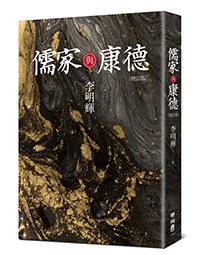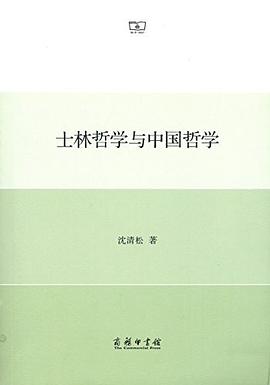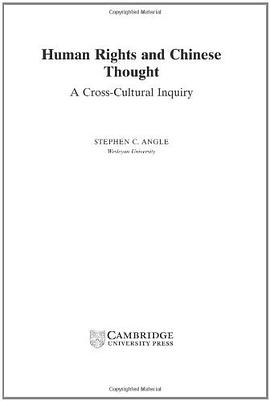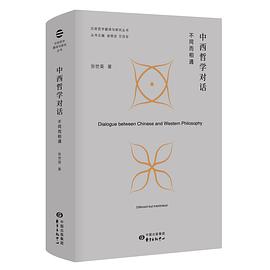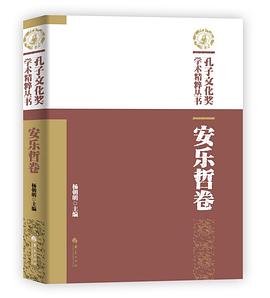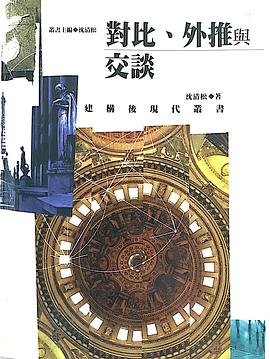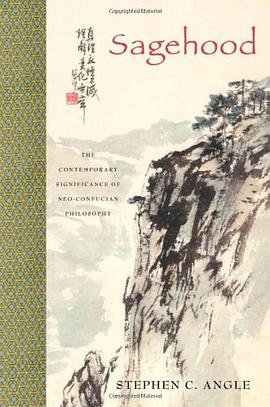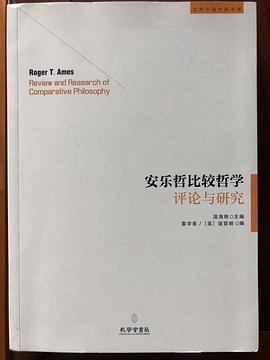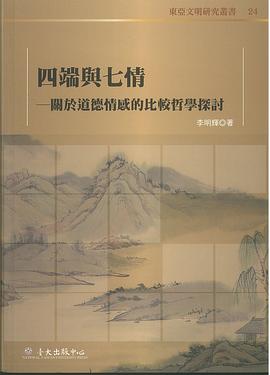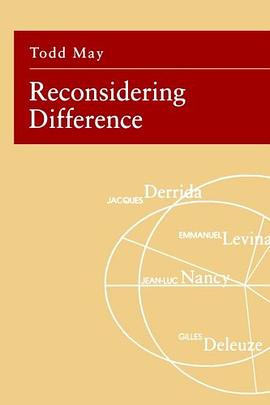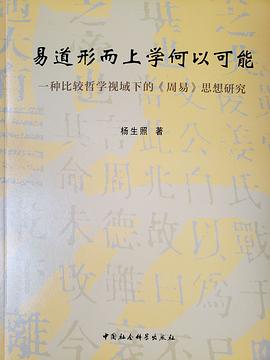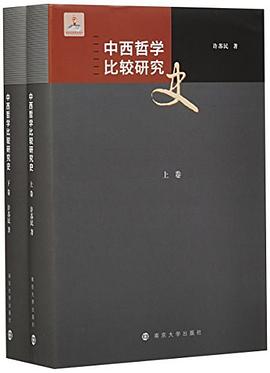

具体描述
Explores the resources for contemporary ethics found in the work of the Cheng brothers, canonical neo-Confucian philosophers.
Yong Huang presents a new way of doing comparative philosophy as he demonstrates the resources for contemporary ethics offered by the Cheng brothers, Cheng Hao (1032–1085) and Cheng Yi (1033–1107), canonical neo-Confucian philosophers. Huang departs from the standard method of Chinese/Western comparison, which tends to interest those already interested in Chinese philosophy. While Western-oriented scholars may be excited to learn about Chinese philosophers who have said things similar to what they or their favored philosophers have to say, they hardly find anything philosophically new from such comparative work. Instead of comparing and contrasting philosophers, each chapter of this book discusses a significant topic in Western moral philosophy, examines the representative views on this topic in the Western tradition, identifies their respective difficulties, and discusses how the Cheng brothers have better things to say on the subject. Topics discussed include why one should be moral, how weakness of will is not possible, whether virtue ethics is self-centered, in what sense the political is also personal, how a moral theory can be of an antitheoretical nature, and whether moral metaphysics is still possible in this postmodern and postmetaphysical age.
“This book presents the philosophical ideas of the Cheng brothers intelligently, convincingly, and powerfully. It is among the best books ever written on the Cheng brothers, including works in the Chinese language.” — Kam-por Yu, coeditor of Taking Confucian Ethics Seriously: Contemporary Theories and Applications
作者简介
Yong Huang is Professor of Philosophy at the Chinese University of Hong Kong. He is the editor of Rorty, Pragmatism, and Confucianism: With Responses by Richard Rorty, and the coeditor (with Yang Xiao) of Moral Relativism and Chinese Philosophy: David Wong and His Critics, both published by SUNY Press.
目录信息
Introduction
1. Introduction
2. Possiblity of Comparative Philosophy
3. How to Do Comparative Philosophy
4. The Neo-Confucian Cheng Brothers
5. Looking Ahead
6. Conclusion
1. Joy (le 㦡): “Why Be Moral?”
1. Introduction
2. The Question of “Why Be Moral?”
3. Representative Answers in Western Philosophy and Their Inadequacies
4. The Chengs’ Neo-Confucian Answer: Joy in Being Moral
5. Joy and Knowledge
6. To Be Moral and to Be Human
7. Conclusion
2. Virtue (de 㥀): Is a Virtuous Person Self-Centered?
1. Introduction
2. Virtue Ethics and Confucian Ethics
3. The Self-Centeredness Objection: The First Level
4. Virtue and Human Nature
5. The Self-Centeredness Objection: The Second Level
6. The Self-Centeredness Objection: The Foundational Level
7. Conclusion
3. Knowledge (zhi 䓡) How Is Weakness of the Will (akrasia) Not Possible?
1. Introduction
2. The Problem of Weakness of the Will in Western Philosophy
3. Knowledge and Action: Why Is Weakness of the Will Not Possible?
4. Knowledge of/as virtue versus Knowledge from Hearing and Seeing: How Is Weakness of the Will Not Possible?
5. Cheng Brothers versus Socrates and Aristotle
6. Absence of Weakness of the Will and the Presence of Moral Responsibility
7. Conclusion
4. Love (ai 㤅) Ethics between Theory and Antitheory
1. Introduction
2. The Ethics of Commonality and Its Problem
3. Love with Distinction
4. Extension of Love
5. Training of Emotions
6. Conclusion
5. Propriety (li 禮): Why the Political Is Also Personal
1. Introduction
2. The Political/Personal Division in the Liberal Tradition and Its Problems
3. The Possibility of a Confucian Political Philosophy
4. Propriety as External Rules
5. Propriety as Inner Feelings
6. Propriety as Human Nature
7. Defending the Neo Confucian Conception of Propriety as a Political Philosophy
8. Conclusion
6. Creativity (li 理): The Metaphysics of Morals or Moral Metaphysics?
1. Introduction
2. Metaphysic of Morals, Moral Theology, and Moral Metaphysics
3. Li: Ontological Articulation of Confucian Morality
4. Sheng 生 (Life-Giving Activity): Dereification of the Ultimate Reality
5. Shen 神 (Divinity or God): Toward a Confucian Theology
6. Conclusion
7. Classics (Jing 經): Hermeneutics as a Practical Learning
1. Introduction
2. Classics as Carriers of Dao (Jing Yi Zai Dao 經以載道)
3. To Grasp Dao through Classics (You Jing Qiong Li 由經窮理)
4. Multiple Ways to Dao (Qiong Li Duo Duan 窮理多端)
5. Hermeneutics as a Practical Learning (Jingxue Shixue Ye 經學實學也)
6. Hermeneutic Circles (Jiao Xiang Yang Ye 交相養也)
7. Conclusion
Appendix: Neo-Confucian Hermeneutics at Work: CHENG Yi’s Philosophical Interpretation of Analects 8.9 and 17.3
1. Introduction
2. Conventional Interpretations of Analects 8.9
3. CHENG Yi’s Interpretation of Analects 8.9
4. Conventional Interpretation of Analects 17.3
5. CHENG Yi’s Interpretation of Analects 17.3
6. The Role of Sages: Education
7. Conclusion
Notes
Bibliography
Index
· · · · · · (收起)
读后感
评分
评分
评分
评分
用户评价
3.5
评分黄勇的新书,以比较哲学的进路研究二程哲学。视野广阔,然深度略嫌不足。
评分黄勇的新书,以比较哲学的进路研究二程哲学。视野广阔,然深度略嫌不足。
评分黄勇的新书,以比较哲学的进路研究二程哲学。视野广阔,然深度略嫌不足。
评分3.5
相关图书
本站所有内容均为互联网搜索引擎提供的公开搜索信息,本站不存储任何数据与内容,任何内容与数据均与本站无关,如有需要请联系相关搜索引擎包括但不限于百度,google,bing,sogou 等
© 2025 book.quotespace.org All Rights Reserved. 小美书屋 版权所有


